
This cost guide will help you understand how drywall repair costs vary with repair types, the extent of damage, labor rates, and other variables.
Drywall costs $2,101 on average


Drywall costs an average of $2,101, with most projects ranging from $987 to $3,215.
The type of drywall, size, thickness, and labor impact the cost of drywall.
Each drywall panel weighs 50 to 70 pounds, so most homeowners leave the heavy lifting and finishing to a professional drywall installer for a safer installation and a smoother result.
This article was updated using automation technology and thoroughly reviewed for accuracy by HomeAdvisor Editor Ryan Noonan.
Managing your drywall budget begins with determining the price range, which falls between $400 and $6,500, or $1.50 to $3 per square foot, inclusive of both materials and labor. Your location, project size, and finish quality all sway the final bill. Hiring a professional for drywall installation can streamline the process and deliver consistent results.
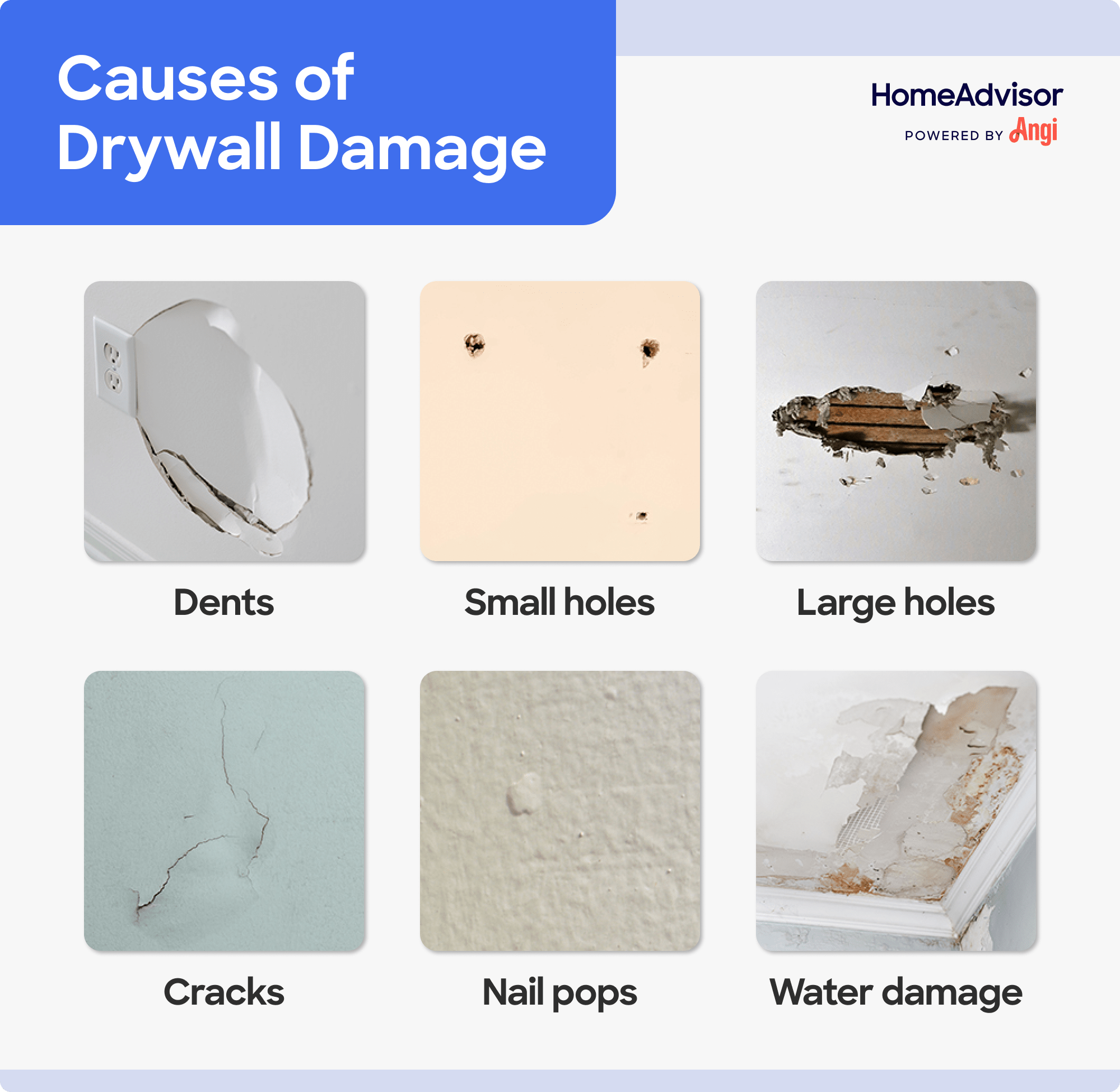
Drywall, often referred to as plasterboard or wallboard, is a crucial component in finishing an interior space. Drywall panels cost between $40 and $70 each. Prices depend on the type you choose, with thicker boards costing more than thinner boards.
Installing drywall costs $1.50 to $3 per square foot. If you're working on a 200-square-foot room, you can expect to pay between $550 and $1,000 for the walls and ceiling. Knowing these numbers can help you plan your budget more effectively.
| Room Size (Sq. Ft.) | Average Cost |
|---|---|
| 100 | $400–$650 |
| 200 | $550–$1,000 |
| 300 | $900–$1,500 |
| 400 | $1,100–$2,200 |
| 500 | $1,400–$2,800 |
| 600 | $1,700–$3,100 |
Most panels are four feet by eight feet and 1/2 inch thick, which is the standard size for many projects. Standard drywall comes in a few common thicknesses, outlined in the table below.
| Thickness in Inches | Average Cost per Panel |
|---|---|
| 1/4 | $15 |
| 3/8 | $16 |
| 1/2 | $20 |
| 5/8 | $21 |
| 3/4 | $23 |
Each thickness level offers its own benefits:
1/2-inch sheets: Great for most walls and ceilings in dry areas.
5/8-inch panels: Offer added fire resistance.
3/4-inch panels: Provide extra soundproofing.
Keep in mind, these prices don't include shipping. Since each panel weighs between 50 and 70 pounds, delivery costs can add up, especially if you're in a remote area.
Standard drywall is the most common type and comes in thicknesses of 1/2 inch, 5/8 inch, and 3/4 inch. A 1/2-inch sheet costs $20, a 5/8-inch panel costs $21, and a 3/4-inch panel costs $23. Standard drywall is best for walls and ceilings in living areas that remain dry.
To calculate how much drywall you’ll need for your project:
Multiply the height by the length of each wall to determine the total square feet of each one.
Multiply the length and width of each ceiling and record their total square feet.
Subtract the area of windows and doors.
Add all totals together to determine the total area in square feet.
Multiply that total by 10% to account for waste.
Divide by 32 (the square feet in one 4×8 sheet) and round up to the next full sheet.
Installing drywall is time-consuming and physically demanding work—each panel can weigh between 50 and 70 pounds. For a smooth, structurally sound finish, consider working with a local drywall installation contractor who has the right tools and experience. They can handle everything from precise cuts to expert taping and finishing, saving you hours of labor and reducing the risk of imperfections that may show through after painting.
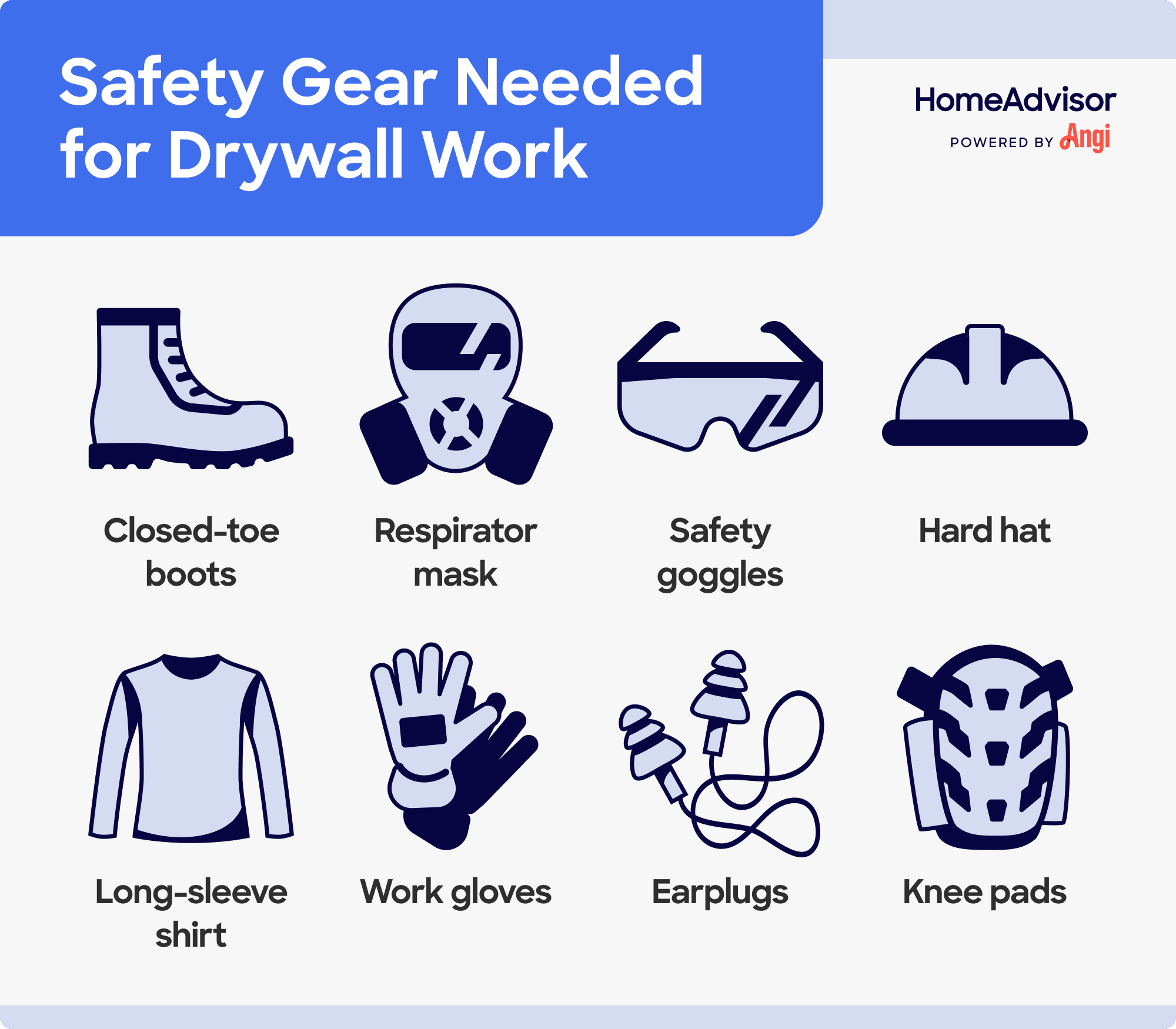
You can trim drywall costs without cutting corners—try these strategies:
Get multiple quotes: Compare prices from at least three contractors to ensure you're getting a competitive rate.
Buy materials yourself: Purchasing your own drywall panels can sometimes be cheaper than contractor-supplied materials.
Tackle prep work: Save on labor by removing old drywall, cleaning the area, and moving furniture before professionals arrive.
Choose standard drywall: Unless you need specialized features, standard drywall is more affordable than moisture-resistant or soundproof options.
Schedule during off-peak seasons: Winter months see lower demand for contractors, potentially resulting in better pricing.
No place is more important than your home, which is why HomeAdvisor connects homeowners with local pros to transform their houses into homes they love. To help homeowners prepare for their next project, HomeAdvisor provides readers with accurate cost data and follows strict editorial guidelines. After a project is complete, we survey real customers about the costs to develop the pricing data you see, so you can make the best decisions for you and your home. We pair this data with research from reputable sources, including the U.S. Bureau of Labor Statistics, academic journals, market studies, and interviews with industry experts—all to ensure our prices reflect real-world projects.
From average costs to expert advice, get all the answers you need to get your job done.

This cost guide will help you understand how drywall repair costs vary with repair types, the extent of damage, labor rates, and other variables.
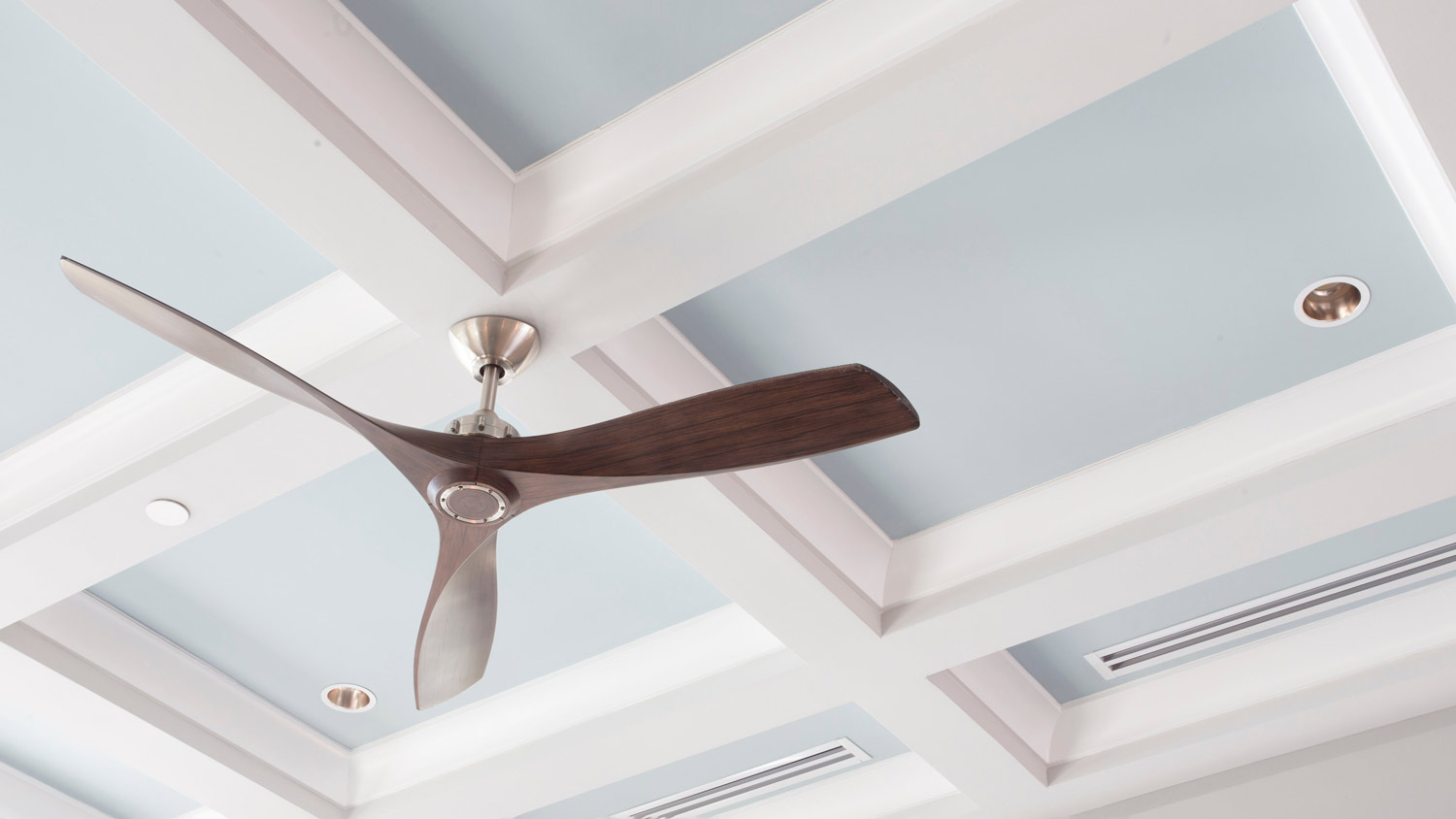
Wondering who to hire to fix a sagging ceiling? See who to call—contractor, handyman, or drywall pro—and what costs to expect
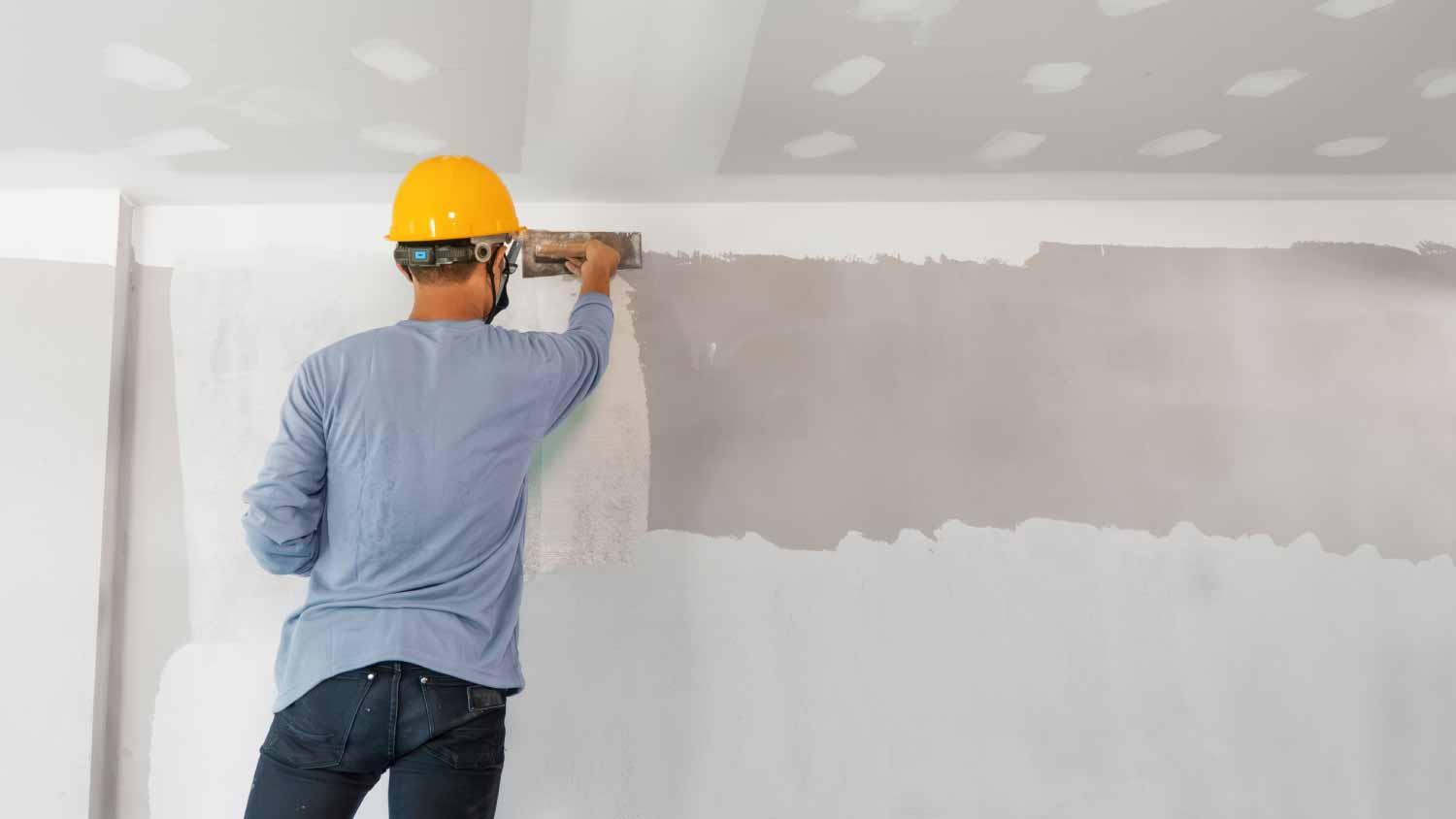
Wondering who does plaster work? Learn why you should hire a plasterer, what they do, and what plaster work costs, so you can hire confidently.
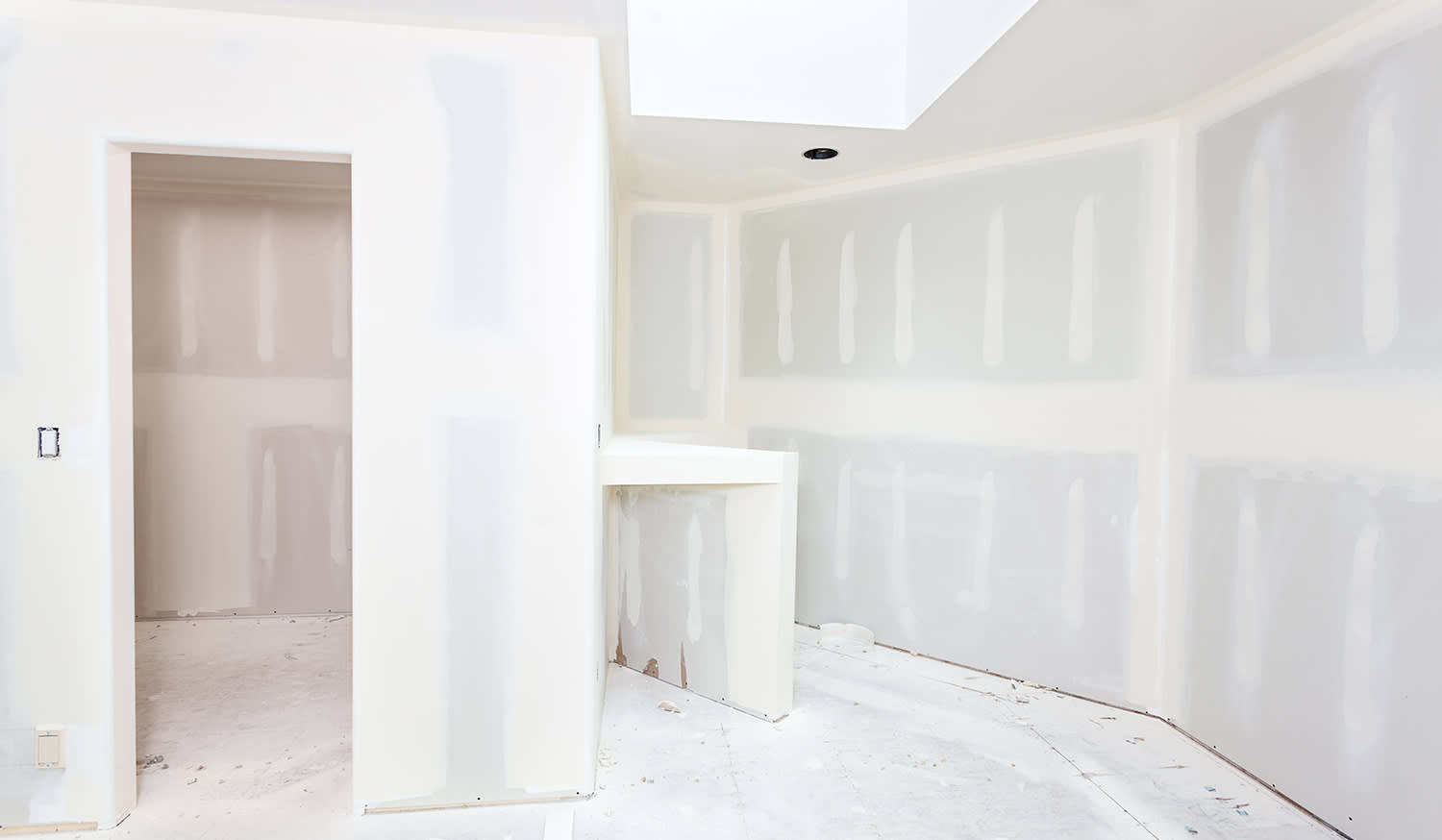
How much drywall do you really need for your project? Find out with this handy drywall calculator tool.
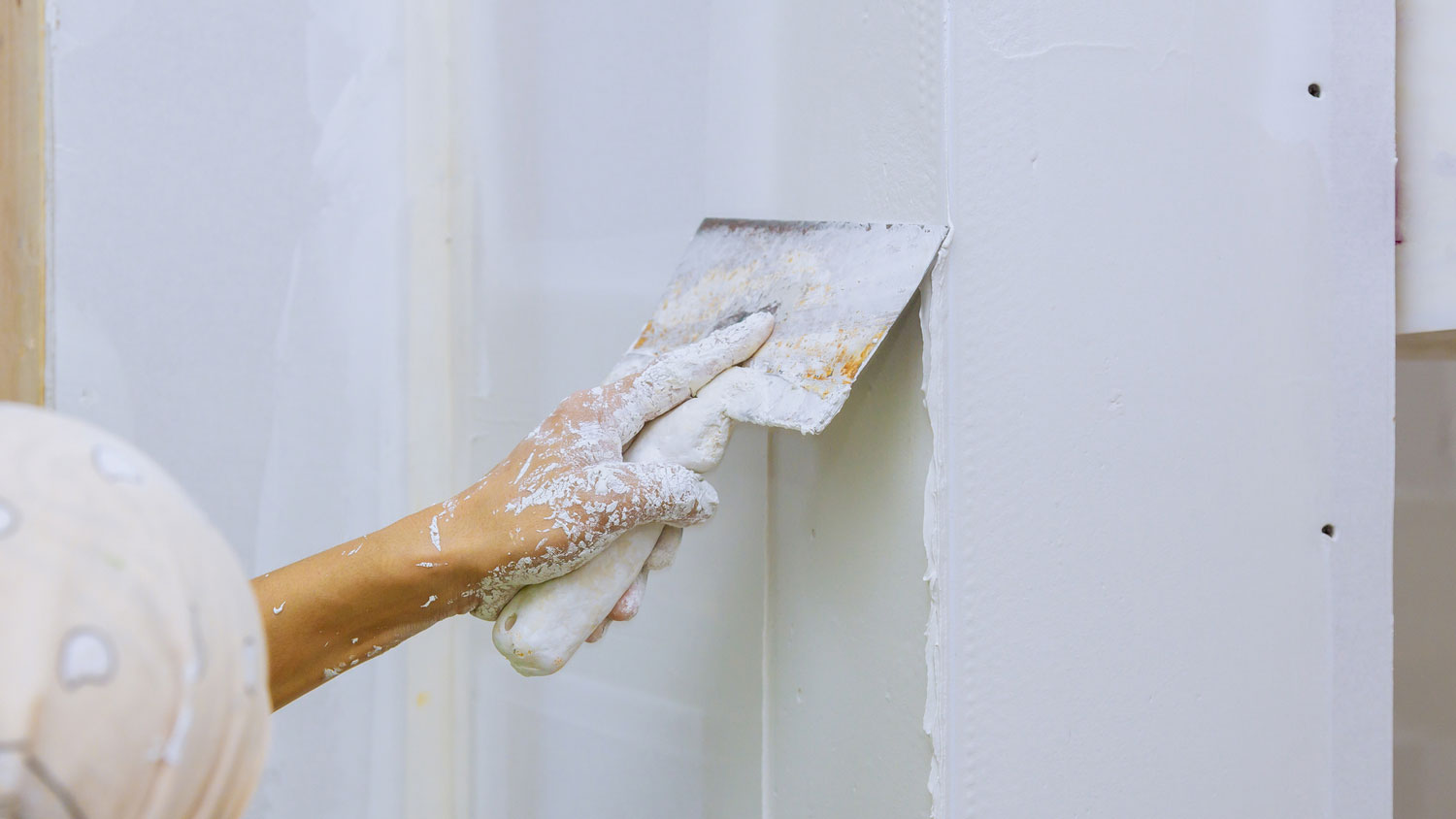
Wondering who patches drywall after plumbing or electrical work? Learn when to call a drywall contractor, what to ask, and what costs to expect.